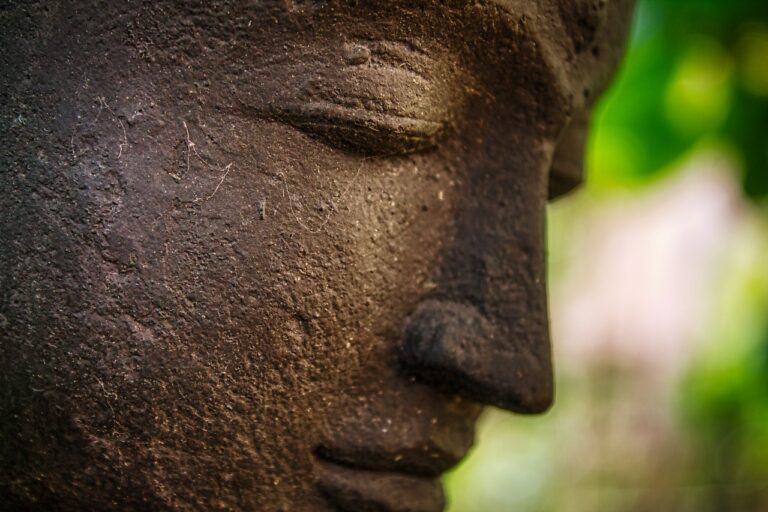Anesthesia and Cultural Competence: Understanding Diverse Patient Needs: 11xplay online id, Diamondexch9 login, Sky exchange registration
11xplay online id, diamondexch9 login, sky exchange registration: Anesthesia and Cultural Competence: Understanding Diverse Patient Needs
As healthcare professionals, anesthesiologists play a crucial role in ensuring the safety and comfort of patients undergoing surgical procedures. However, it is essential to recognize that not all patients have the same cultural background or beliefs. Understanding and adapting to the diverse needs of patients from different cultural backgrounds is vital for providing high-quality care. In this article, we will explore the importance of cultural competence in anesthesia and how healthcare providers can better meet the needs of diverse patient populations.
Cultural Awareness in Anesthesia
Cultural competence involves the ability to understand, respect, and effectively interact with individuals from different cultural backgrounds. In the field of anesthesia, cultural awareness is essential for providing personalized care that considers the unique needs and preferences of each patient. By taking the time to learn about a patient’s cultural background, beliefs, and practices, anesthesiologists can develop a more comprehensive care plan that addresses both the physical and emotional aspects of their health.
Importance of Cultural Competence
Cultural competence is crucial in anesthesia for several reasons. First, cultural beliefs and practices can influence how patients perceive pain, anesthesia, and medical treatment in general. For example, some cultural groups may have specific beliefs about pain management or anesthesia that differ from Western medical practices. By understanding these cultural differences, anesthesiologists can provide more tailored care that takes into account the patient’s beliefs and preferences.
Second, cultural competence helps to build trust and rapport with patients. Patients are more likely to feel comfortable and confident in their care when they know that their healthcare provider respects and understands their cultural background. This can lead to better communication, increased patient satisfaction, and improved health outcomes.
Tips for Providing Culturally Competent Care
To provide culturally competent care in anesthesia, healthcare providers can take several steps. These include:
1. Learning about different cultural beliefs and practices related to anesthesia and pain management.
2. Asking patients about their cultural background and beliefs in a respectful and non-judgmental manner.
3. Adapting communication strategies to meet the needs of patients from diverse cultural backgrounds.
4. Involving interpreters or cultural liaisons when necessary to ensure clear communication.
5. Being open-minded and willing to learn from patients about their cultural traditions and beliefs.
6. Seeking ongoing education and training in cultural competence to enhance patient care.
By incorporating these strategies into their practice, anesthesiologists can improve the quality of care they provide to patients from diverse cultural backgrounds.
FAQs
Q: How can cultural competence improve patient outcomes in anesthesia?
A: Cultural competence can improve patient outcomes by fostering better communication, trust, and understanding between healthcare providers and patients. When patients feel heard, respected, and understood, they are more likely to engage in their care and follow treatment recommendations.
Q: What should I do if I am unsure about a patient’s cultural beliefs or practices?
A: If you are unsure about a patient’s cultural beliefs or practices, it is essential to ask the patient directly in a respectful and non-judgmental manner. Patients appreciate when healthcare providers show interest in their cultural background and are willing to learn from them.
In conclusion, cultural competence is a vital aspect of providing high-quality care in anesthesia. By understanding and adapting to the diverse needs of patients from different cultural backgrounds, healthcare providers can ensure that all patients receive the personalized care they deserve. By incorporating strategies for cultural competence into their practice, anesthesiologists can enhance patient outcomes, build trust, and improve patient satisfaction.







